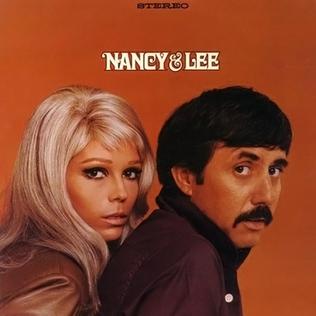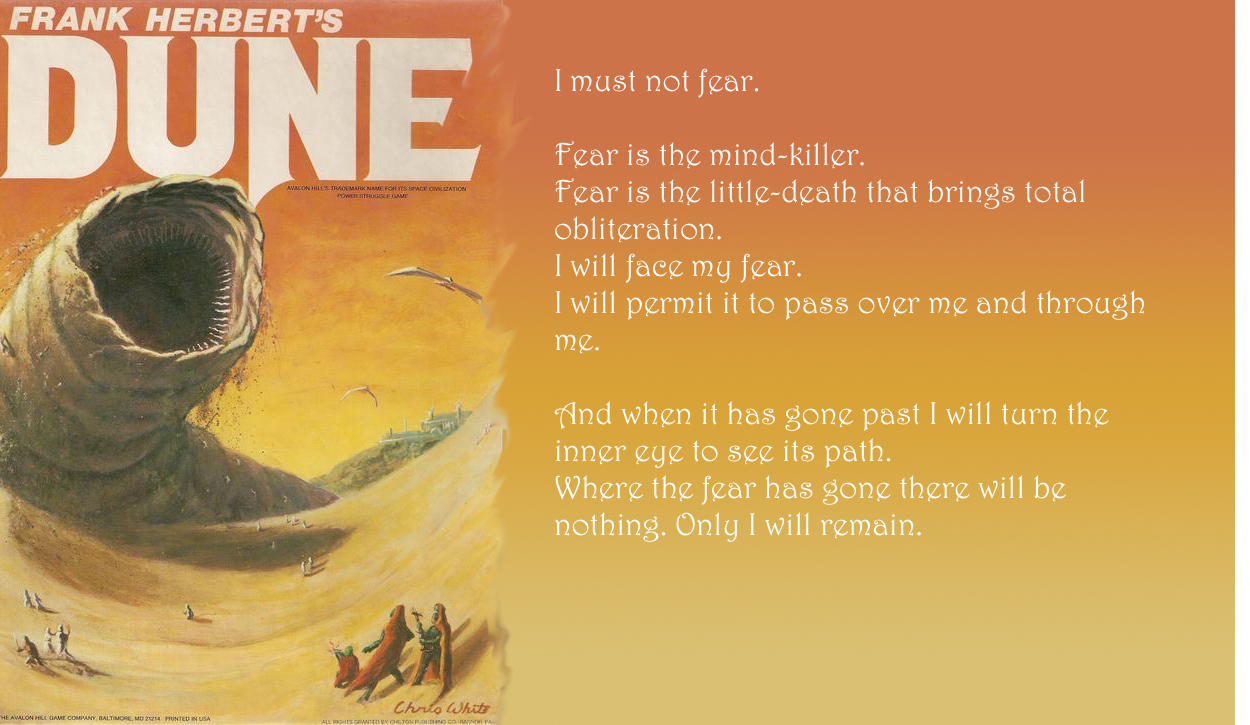Neil Young is in the news this week with his stand against Spotify's propagation of anti-vaccine propaganda in the form of Joe Rogan. Young's willingness to cut against the grain of expectations has always been one of his defining features and one of my favorite things about him. After all, this is a man who was sued by his own label in the 80s for not making "representative" albums!
His first major bucking of expectations is one of my favorite albums of his: Time Fades Away. It came right after Young hit the big time with Harvest, his 1972 record full of catchy hits like "Heart of Gold" that embodied the spirit of the whole Laurel Canyon singer-songwriter thing. According to a famous statement of his, Young decided to move from the middle of the road into "the ditch." His ditch albums of the seventies began with Time Fades Away, a strange live album without the hits documenting a difficult tour. It was out of print for decades, embargoed by Young himself. I got my copy on LP, purchased by my wife off of eBay before Young finally released it from the vault.
The Time Fades Away tour came after both original Crazy Horse guitarist Danny Whitten and roadie Bruce Berry died of drug overdoses. Whitten was supposed to be on the tour but was let go because his substance abuse left him in no condition to play. He died soon after, on the cusp of the tour, which had to have weighed heavy on Young. If Harvest represented the mellowing of the hippie dream into relaxing folk-pop music, Time Fades Away was an angry obituary for the failed counterculture, a running theme in the "Ditch Trilogy" that also included On the Beach and Tonight's the Night.
The album's cover implies this elegiac tone with its sepia-colored photograph of a rock show audience. The children of the Aquarian Age are there to commune and be groovy, but that looks like an artifact of the distant past even in 1973. The kid flashing the peace sign in front has no clue what's about to hit him when an angry and grieving Young hits the stage. There will be no good vibes to be had.
Being a live album, Young's disenchantment hits the listener with more immediacy on Time Fades Away. It starts with the title song, a rocking ragged number that sounds like a bad hangover come to life. The feel and title set the tone for what's to follow. The hippie world of being forever young and carefree was a lie. Time comes for us all, even the dreamers. When it does, it's ugly.
After that comes the tender piano ballad of "Journey Through the Past." Here the passage of time brings nostalgia rather than despair. It's a song of going home to a place you've left long ago and it's always resonated with me. Like Young, I grew up in a small town and moved far away but always kept it in my heart even though it seems like a strange place whenever I return. We all need these memory palaces to make life bearable. Arthur Schopenhauer, a ridiculously pessimistic philosopher, felt that our few chances at happiness depended on our being able to reflect on the good times we do manage to wrest out of this difficult existence.
Young does not let the listener stay in this reverie, however. Next up comes "Yonder Stands the Sinner." We are back to the desperate hangover sound of the title track, complete with cracking voice and junk-sick blue notes. It sounds positively happy compared to "L.A.," an able entry in the Los Angeles as Hell genre. I myself fancy Southern California, but it seems in the 70s many rock musicians who came there left a bit worse for wear. (I think here of David Bowie going into cocaine psychosis and weighing a hundred pounds and The Stooges' seven minute cry for help "LA Blues.") Ben Keith's steel guitar, which made Harvest so mellow, pierces here. We aren't in rural Ontario anymore.
Side one ends deceptively with "Love in Mind," a song recorded two years early in 1971 before Young migrated over to the Ditch. It has the same sad wistfulness of "Journey Through the Past" but feels a lot less tired. Knowing that fact helps you hear the desperation in the rest of the album.
Like all good albums, side one has a soft landing and side two begins with a shift in tone. "Don't Be Denied" is a song of youth and memory, but looking back in anger. The small town of "Journey Through the Past" has become a trap, a place to be escaped. I too understand the dialectic of leaving the small town. The memories of the intimacy and simplicity of childhood in such a place clash with the memories of the small-mindedness and narrow horizons that arise from the same circumstances. It's a loud dirge, vocals straining and guitars screeching. Easy so see from this how Young was a grunge godfather.
"The Bridge" follows, swinging the pendulum back to ballad territory. At first it seems to be building a simple metaphor for love, but Young sings about the bridge falling under "lies" and trying to build it again. The plea for love and understanding here lies on a bed of pain. "Heart of Gold" had that kind of longing in it, but it's much harder to ignore here.
Things end with the hard rocking and appropriately named "Last Dance." It's a song about waking up on Monday morning facing yet another soul-sucking week of work. The riff stabs, Keith's steel guitar pierces again. This is the sound of our daily malaise personified, but the words promise the possibility of escape. Young's chant of "no no no" is a stirring rage against the dying of the light. By the end of the album we have gone full circle from the emotional wreckage of the failed hippie dream to a cry of resistance against giving into the daily malaise of modern life.
This is not pretty-sounding music, but like a truly great live album it lets in a couple of bum notes and strained vocals so that a deeper, ecstatic truth emerges. It was too true for Young's taste, which is why he left it in the vault for so long. Who wants to be reminded of their darkest days? As we live through our own dark times this seeming curio of a legacy artist's career can be a balm for the soul. Neil Young may not be on Spotify anymore, but most of the time I was spinning this LP it was never meant to be heard, anyway.




